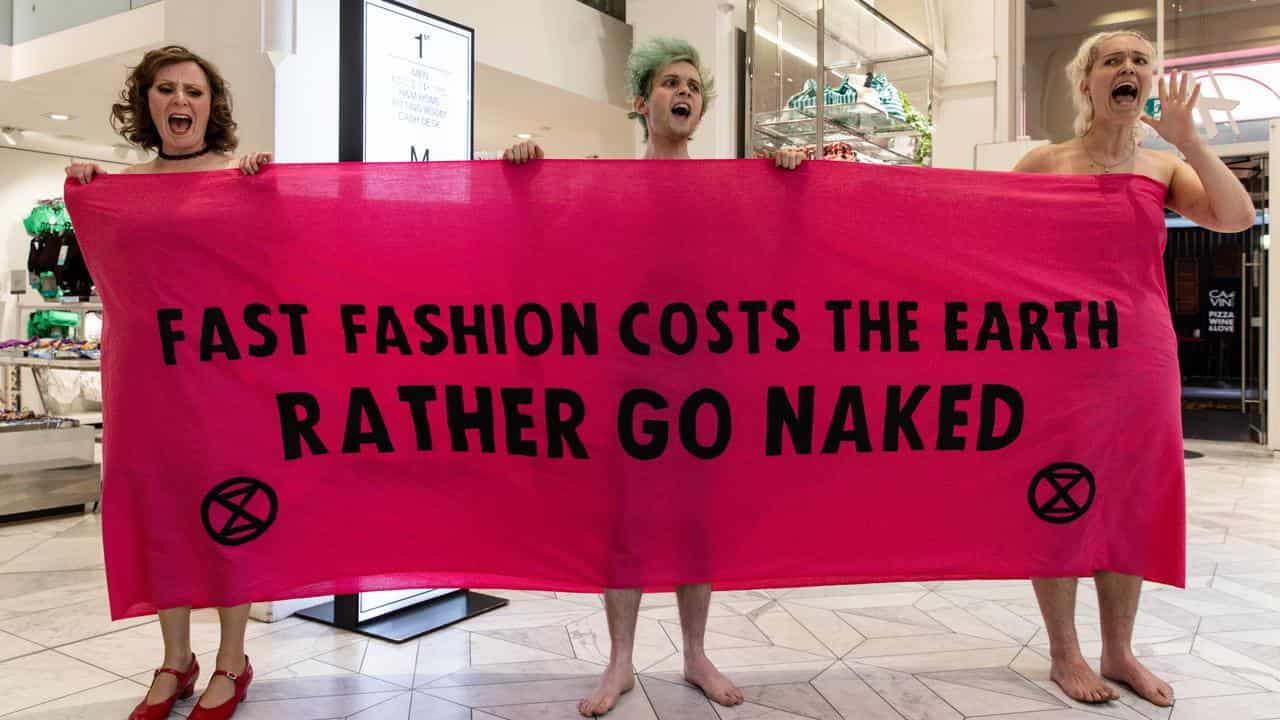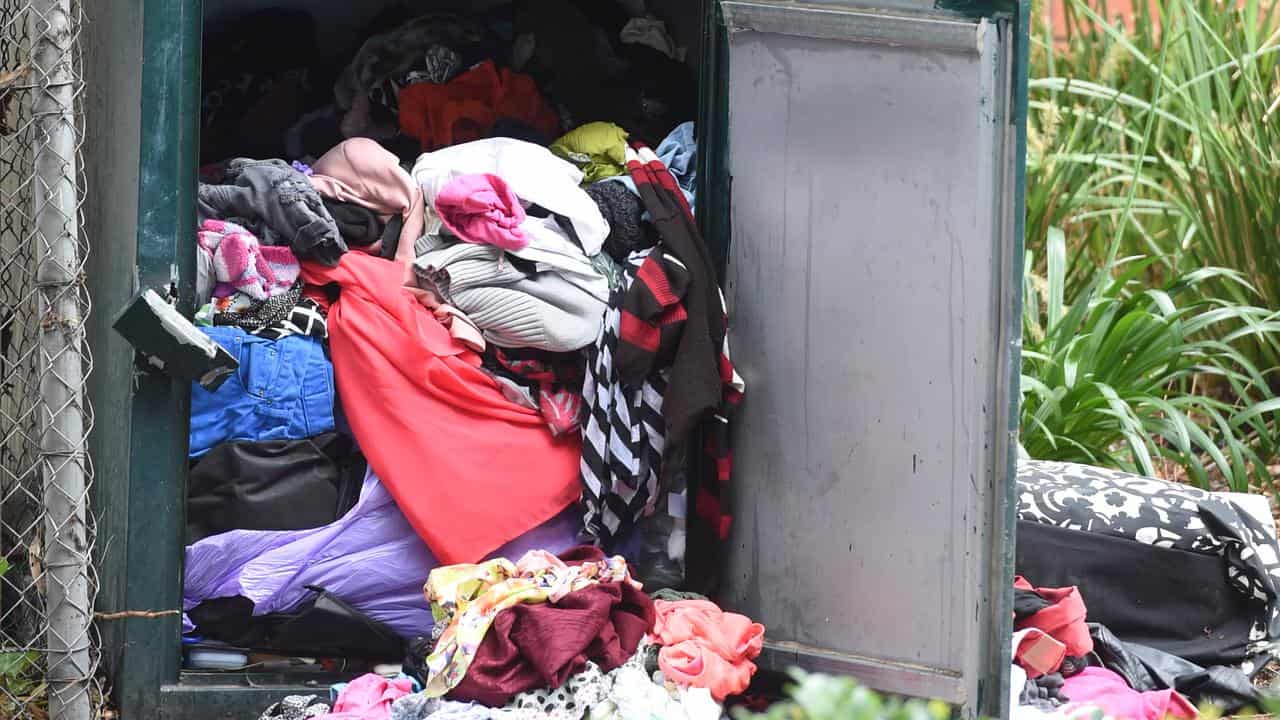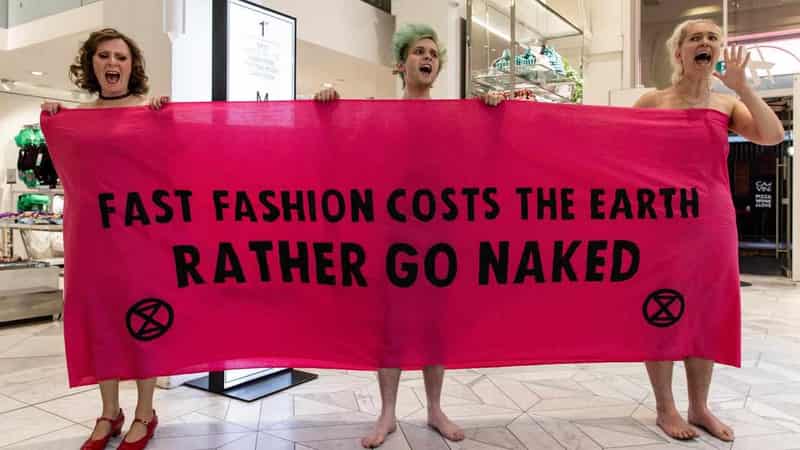
Australians are buying more new clothes per person than any other country, and drastic action is needed to address its plus-size contribution to the fast fashion waste crisis, research has found.
The Australia Institute analysis shows the nation has surpassed the US as the world’s biggest consumer of textiles per capita.
More than 1.4 billion units of new clothing come onto the Australian market each year and more than 200,000 tonnes end up in landfill annually.
“We’re addicted to stuff that is harming our health and the environment,” Australia Instituate Circular Economy & Waste Program Director Nina Gbor said.

“We need to drastically reduce waste at the source by penalising brands mass-producing incredibly cheap and poor quality clothing that is often worn just a handful of times or never sells and goes straight to the tip.”
Analysis by Ms Gbor and Olivia Chollet found Australians buy an average of 56 new clothing items a year, more than the US (53), UK (33) and China (30), with an average item value of just $13, compared to the UK ($40), USA ($24) and Japan ($30).
The paper argues that investment in domestic manufacturing and recycling infrastructure, and ensuring a market for recycled textile products, are essential to establishing a circular economy.
“If the policies aimed at creating a circular economy are to be more than greenwash, the meaningful regulation and taxation of problematic textiles is needed, as is substantial investment in more environmentally and socially responsible alternatives,” the paper states.
Polling research by the institute, an independent public policy think tank, found nearly 63 per cent of Australians are concerned or very concerned about the environmental impact of textile waste.
Only 46 per cent could identify petroleum as the source of polyester, while just 27 per cent knew that more than half of clothes sold in Australia were made from plastic.
The paper says that without a drastic reduction in the overproduction and overconsumption of textiles, Australia’s waste problem will only continue to grow.
Ms Gbor said the government’s proposed four cents per garment levy under its Seamless scheme was a good start towards cutting clothing waste and funding domestic recycling initiatives.
“But the levy is too low to change brand behaviour,” she said.
“It should be increased drastically to at least 50 cents per item. This, coupled with measures like a fast fashion tax, is needed to put the industry on notice."
Ms Gbor said plastic clothing made from petroleum was ending up in landfill, polluting beaches and oceans, as well as contributing to more emissions.
The paper recommends curbing waste through policies including:
* A French-style fast fashion tax
* Banning the export of textile waste within five years
* Publicly funded discounts for people who get old garments repaired
* Federal investment to develop an Australian circular textiles industry
* Greater support for community op shops and recycling initiatives









